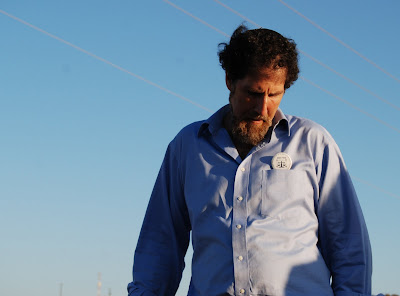I’ve been working away without access to the internet for a week, but have been meaning to do a “meme” – ie to share seven random facts about myself, as inspired by Kate at The Manchizzle.
1: I love travelling and will take any opportunity to experience interesting parts of the world. I’ve done a fair bit of backpacking and have spent time travelling alone or with company in south America, south and southeast Asia, Australia, Africa, the Middle East and Europe. I have also lived in France on two occasions, for a total of 18 months. I’m well aware how lucky – and self-indulgent – this makes me but I’m struggling to quell my restlessness.
2: I’m particularly obsessed with everything Indian…the place, the food, the music and its history. My dad was born and brought up there and his Anglo-Indian family lived there for about five generations. At the moment I’m devouring the books of William Dalrymple, and planning my fourth visit there in a couple of months.
3: Despite 1 & 2, I don’t have a great record with passports. Once I managed to board the Eurostar before realising it was still in my student bedroom in Manchester. Thankfully this was pre-9/11 and I managed to travel to the French Alps and back without even being checked.
My passport caused me problems again on the way out of Israel in October. This time the security staff – who are notoriously difficult – simply didn’t believe it was mine because my hair is now back to its natural (dirty blonde) colour. They took it off me, and I had four scary officers quizzing me at once about visas, trip dates and purposes for travel, before having to go through lots of extra checks.
4: I can turn my eyelids inside-out. I’m not sure quite how I discovered that.
5: One of my favourite foods is porridge, which I’m aware is very strange. My top track is probably Pepe Braddock’s Deep Burnt, and one of my favourite bands is Radiohead. Their 1995 album The Bends also happens to be the first CD I ever bought.
6: My strangest journalistic experience so far has got to be interviewing the mother of a young man who had died the previous day of leukaemia, while his body lay in an open coffin about two feet away. There were still beer cans and glasses all over the place from the party his friends and family had thrown around him – in accordance with his wishes – on the night of his death. It remains the only time I’ve seen a dead body. How lucky does that make me…?
7: I used to play lacrosse for Wales. Yes, I went to a posh school. But that didn’t stop them arranging a fortnight’s work experience for me on a factory line – filling bubble bath bottles with soap – when I said I was thinking of a career in marketing. I’m grateful to them now.






